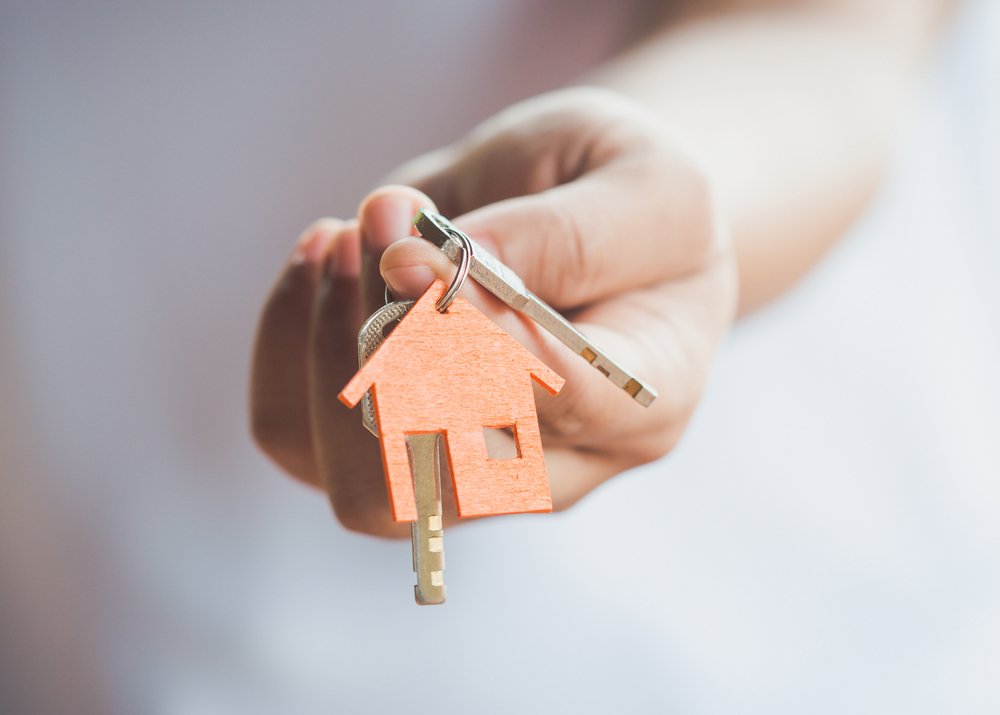It sure can, but before you proceed, here are some questions you should ask yourself to play it safe.
1. Is rent-to-own right for me?
The answer to this question is yes if you:
- Aspire to be a homeowner.
- Are tired of paying high rent costs without any feeling of ownership.
- Do not have cash saved up for a down payment.
- Need to improve your credit score.
- Are worried about getting approved for a mortgage right now.

2023
Tax Forgiveness
We know how challenging it can be to pay off your tax debt.
The IRS just announced the 2023 Fresh Start Program, to qualify more people for tax relief!
2. Can I handle a higher monthly payment?
Unlike your standard rent agreement with a landlord, rent-to-own includes a portion that will go towards hopefully purchasing that property in the future. This can lead to a higher monthly payment, so if you’re strapped for cash, you have to consider if paying a bit more is doable.
As an example, you may be used to paying $1,000 in rent per month. If you enter a rent-to-own deal with a landlord, that number could grow to $1,300 monthly. $1,000 will go towards paying the rent, with the excess $300 being part of the rent-to-own agreement. Out of that $300, some will likely go to your landlord as payment for accepting such an arrangement.
FREE Android Smartphone.
Government passes FREE mobile phone program.
Only while supplies last. Lower your cell phone bill with this subsidized government program.
3. Can I handle an upfront fee?
You’re probably familiar with the concept of paying a security deposit to a landlord before moving into a rental. You may also pay application fees. With rent-to-own contracts, there’s usually an upfront fee called an option fee that, unlike a deposit, is nonrefundable.
Why does this fee exist? To give the landlord an incentive to offer that option to buy once your lease ends. Some say this option fee ranges from 1-7 percent of the purchase price of the property. Luckily, you can negotiate it in most cases.
4. Can I handle maintenance and repair costs?
When you rent, you often get peace of mind from not having to worry about any repair or maintenance costs. When you enter a rent-to-own agreement, you may have to factor these costs into your budget.
Since your landlord knows they may be giving the property away when you purchase it once the lease is over, they have less incentive to pay for repairs themselves. In other words, you’ll have to take over this homeowner’s responsibility prematurely.
5. Can I always pay on time?
When you miss the rent in a standard rental agreement, you’re usually hit with a late fee. Do it in a rent-to-own agreement, and you could lose any credit you built-up towards purchasing the home.
If you know you have a history of paying the rent late, be careful before jumping into a rent-to-own contract that expects timely payments.
6. Will the home price fluctuate?
A home’s value can fluctuate over time. Unfortunately, it doesn’t always move in an upward direction.
When signing the rent-to-own agreement, the current value is what goes into the contract. Should it fall in the future, you will still be expected to pay the originally agreed-upon price.
This potential drop in value could create an issue when trying to get a mortgage for more than what the house is worth.




